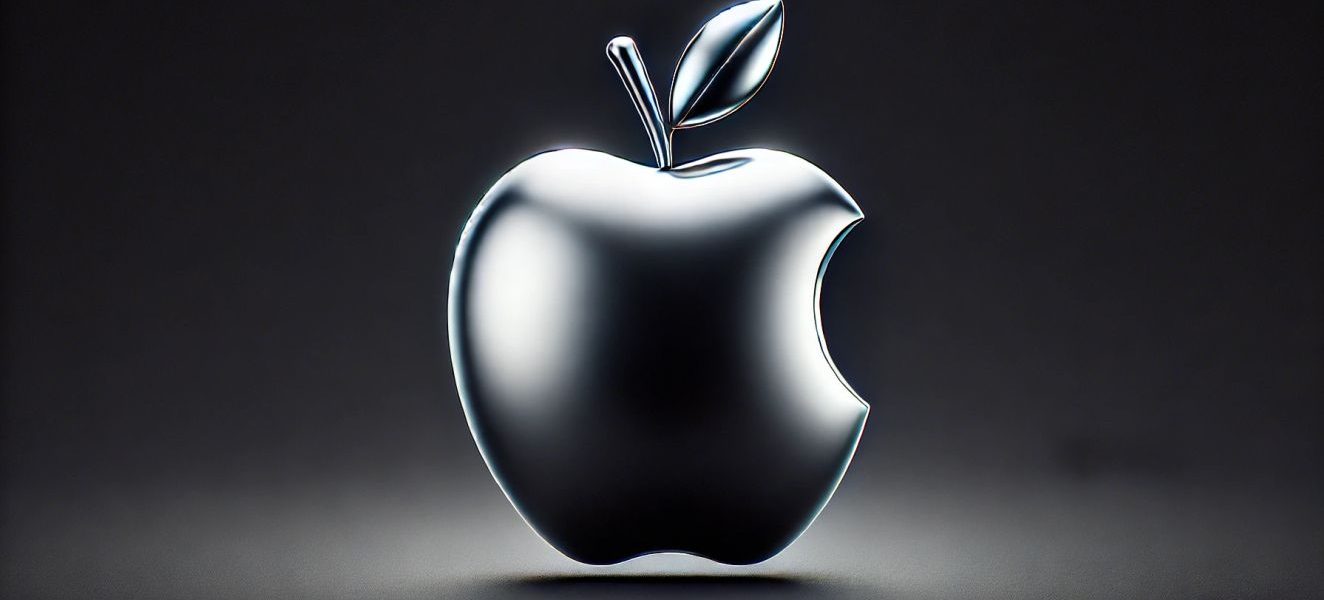Apple Logo Emoji
The Apple logo emoji is a distinctive symbol synonymous with Apple products and the tech-savvy lifestyle. While it may seem like a simple icon, there’s a fascinating story behind its creation and usage.
The Apple Logo Emoji: A Digital Status Symbol?
The Apple logo emoji is a distinctive symbol representing Apple’s brand. Unlike many emojis that are part of the Unicode standard, the Apple logo emoji is classified as a private-use character. It is not officially included in the standard emoji set but is used in specific contexts where Apple’s branding is relevant. You might encounter the Apple logo emoji in certain messaging platforms, Apple’s own services, or even in custom keyboard setups, like the emoji keyboard on an iPhone.
How to Access the Apple Logo Emoji
Due to its status as a private use character, the Apple logo emoji isn’t available on the standard emoji keyboard found on iOS or other platforms. To access or use the Apple logo emoji, you generally need to have a device running iOS or macOS with Apple’s proprietary services.
For instance, if you’re using an iPhone XR or other Apple devices, you may find the Apple logo emoji integrated into certain apps or settings related to Apple’s ecosystem. However, you must note that the emoji might not be visible or usable on non-Apple devices due to its private use status.
Usage of the Apple Logo Emoji In Branding and Marketing
The Apple logo emoji could be a useful tool for branding and marketing, especially in contexts where Apple’s products and services are featured. Companies and individuals who are part of the Apple ecosystem might use the emoji to highlight their affiliation or emphasize their use of Apple products. For example, a tech review blog might use the Apple logo emoji to denote articles about Apple devices or software.
In Conversations and Messaging
In personal and professional conversations, the Apple logo emoji could be used to express brand loyalty or discuss Apple-related topics. If you’re a fan of Apple’s products, you could use the emoji to show support or affiliation in your messages – especially relevant in chats about new iOS features or updates.
In Custom Settings and Pages
On iOS devices, users may sometimes customize their settings or create private use characters, including the Apple logo emoji, for personal use. That allows users to incorporate the emoji into their custom fonts, shortcuts, or other features where brand representation is needed.
Issues and Considerations
While the Apple logo emoji may be a fun and useful tool, there are some issues and considerations to be aware of:
Compatibility Issues Across Platforms
One of the main challenges with the Apple logo emoji is its compatibility across different platforms. Because it is classified as a private use character, it does not have universal support outside the Apple ecosystem. Here’s how that may impact your use:
Display Problems
When you send a message containing the Apple logo emoji to someone using a non-Apple device, such as an Android phone or a Windows computer, the emoji might not display correctly. Instead of seeing the Apple logo, the recipient might see a blank space or a generic symbol. That may lead to confusion or a lack of clarity in communication, especially if the emoji is central to your message.
Platform-Specific Limitations
The Apple logo emoji is designed to work seamlessly on iOS and macOS devices. However, if you’re using it in documents, emails, or messages that may be viewed on various platforms, you should be cautious. The emoji might appear differently or not at all on devices running different operating systems, which could impact the effectiveness of your communication.
Effective Use of the Apple Logo Emoji
Despite the highlighted challenges, there are effective ways to use the Apple logo emoji to enhance communication and branding. Here are some tips to ensure that your use is appropriate and impactful:
Contextual Relevance
Ensure that the Apple logo emoji is used in contexts where it adds value to your message. For example, when discussing Apple products or services, using the emoji will highlight the topic and convey your affiliation with the brand. In a tech review or a discussion about new iOS features, the emoji could serve as a relevant and effective visual cue.
Clear Communication
If you’re using the Apple logo emoji in messages or content that may be viewed on different platforms, consider including additional context to ensure clarity. For instance, if you’re discussing a new iPhone model, you might include a brief description along with the emoji to make sure your message is understood, regardless of how the emoji appears.
Respect for Brand Guidelines
Always adhere to Apple’s branding guidelines when using the Apple logo emoji. Avoid its use in unauthorized contexts and respect the brand’s intellectual property. If you’re unsure about the appropriate use, it’s a good idea to consult Apple’s guidelines or seek permission if necessary.
FAQs About the Apple Logo Emoji
Here, we address some common questions about the Apple logo emoji.
How do I use the Apple logo emoji on non-Apple devices?
The Apple logo emoji is a private use character, meaning it may not be universally supported across all devices and platforms. On non-Apple devices, such as Android phones or Windows computers, the emoji may not display correctly and could appear as a blank space or generic symbol. To address that, consider using a different symbol or including additional text to ensure your message is clear, regardless of the recipient’s device.
Should I use the Apple logo emoji in professional marketing materials?
Using the Apple logo emoji in professional marketing materials or advertisements may be subject to Apple’s branding guidelines. Since the emoji is closely tied to Apple’s brand, unauthorized use could lead to legal issues or damage your brand’s credibility. It’s important to adhere to Apple’s guidelines and seek permission if necessary. For official and authorized use, consult Apple’s branding guidelines or legal department.
Why does the Apple logo emoji look different on various Apple devices?
The appearance of the Apple logo emoji varies slightly between different Apple devices and software versions. That’s due to the differences in display settings and updates across iOS, macOS, and other Apple platforms. Despite the minor variations, the emoji generally maintains its core design and function across Apple devices.
What are some alternative ways to represent the Apple brand if the emoji is not suitable?
If the Apple logo emoji is not suitable for your needs, consider using alternative methods to represent the Apple brand, such as official Apple logos available through Apple’s branding resources, incorporating descriptive text about Apple products or services, or using other visual elements that align with your message and branding goals.







